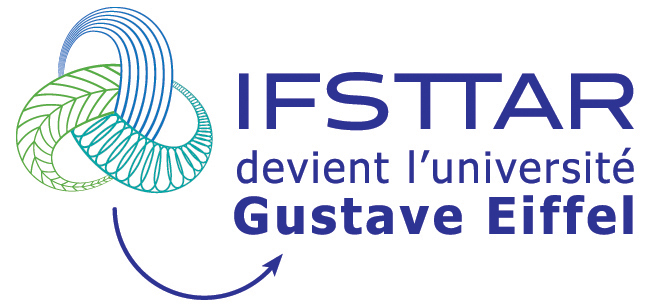Impact of a water restriction on the summer climatic benefits of trees inside an outdoor street canyon scale model
Résumé
Trees may help reduce the increasing human thermal stress in cities caused by the Urban Heat Island phenomenon and the multiplication and intensification of heatwaves through the climatic benefits they provide: cast shadows and transpiration. However, the multiplication of droughts may lower the water supply of street trees and impact their development and climatic benefits. The transpiration and radiation interception of two alignments of potted ornamental apple trees (Malus Coccinella® ‘Courtarou’) planted in a 1/5 scale street canyon experiencing contrasted water supplies were monitored during an 8-week period of summer 2022. Compared to well-watered trees, the transpiration of water-restricted trees was reduced quickly and strongly by 81 % on average. A noticeable reduction of the leaf area index of the water-restricted trees led to a decrease of their radiation interception which however remained higher than 69 % of the incident radiation measured without trees. No noticeable air temperature difference was measured under the tree crowns of both alignments of trees but the Universal Thermal Climate Index calculated under the water-restricted trees increased by on average 1 °C. Radiation interception appeared to be responsible for the major part of the daily total amount of energy dissipated. A noticeable reduction of the daily total amount of energy dissipated by the WR trees was mostly attributed to the reduction of their transpiration which may explain why both alignments of trees kept providing noticeable climatic benefits.
| Origine | Fichiers éditeurs autorisés sur une archive ouverte |
|---|---|
| licence |


